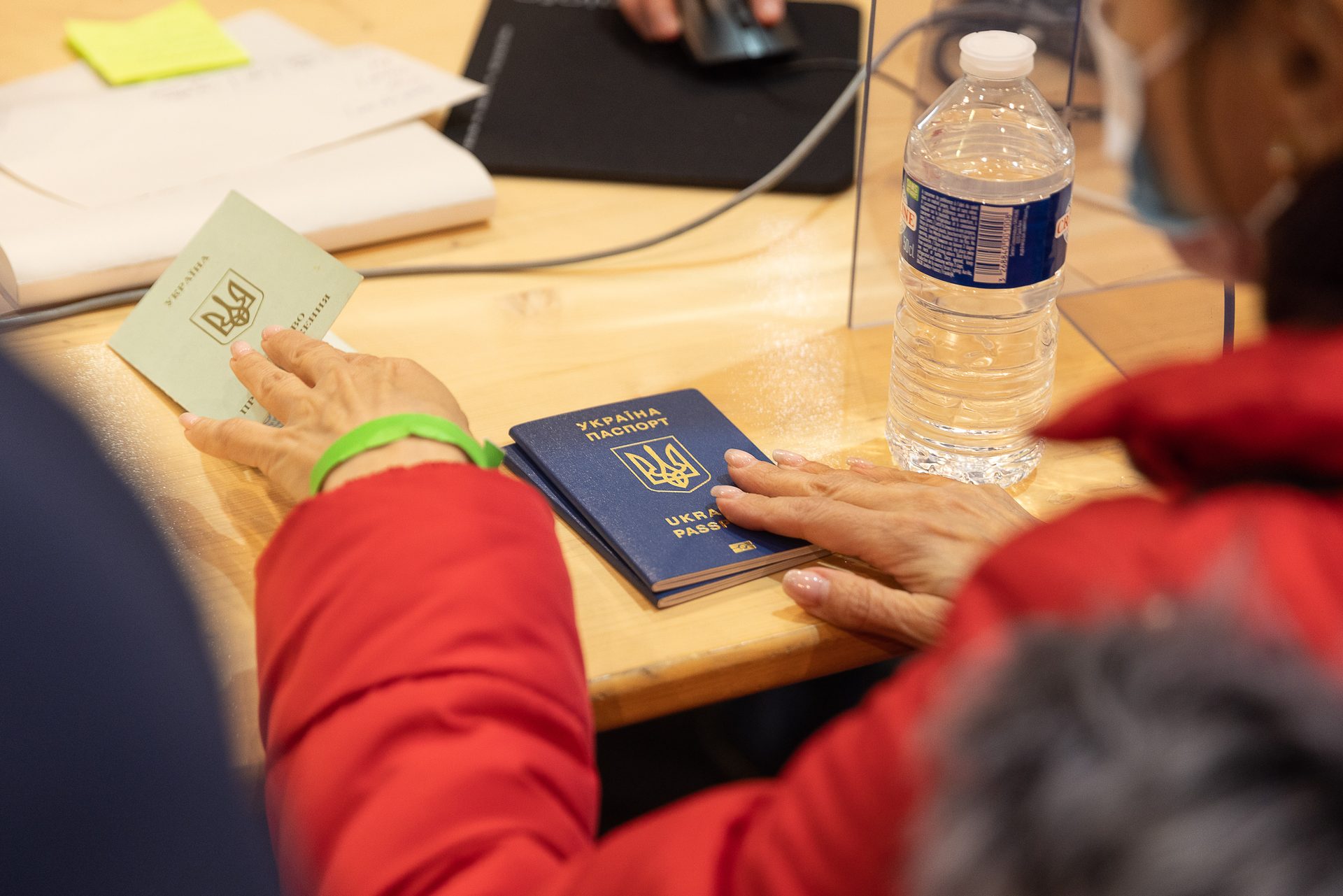Nearly 12,700 Ukrainians live in the Brussels-Capital Region as of 1 January 2023, accounting for 22% of the total number of Ukrainians in Belgium, a demographic analysis by the Brussels Insitute for Statistics and Analyses (Bisa) showed.
Following Russia's invasion of Ukraine in February 2022, the number of Ukrainian refugees in Belgium rose rapidly over the year. At the start of 2022, only 1,900 Ukrainians lived in Brussels – a number that had increased by 560% a year later.
"Belgium hosted almost 62,000 Ukrainian refugees at the end of 2022, almost as many as France (69,000)," the institute stated. "Since they enjoy temporary protection, these Ukrainian citizens are not entered in the Waiting Register because they are not asylum seekers. They are therefore part of the official population counted by Statbel."
The Brussels municipality where Ukrainians are proportionately most represented is Koekelberg, where they make up 1.8% of the population.
More people coming than going
The institute's figures also show that even before the Russian invasion, the Ukrainian population in Brussels was predominantly female (66% on 1 January 2022). A year later, however, that share shrank to 61% as the country's population fled the war – including many children. The influx of Ukrainians explains the more than 18,000 new residents added to the Brussels population in 2022.

A person shows their Ukrainian passport at the opening of a center for the registration of Ukrainian refugees, at the Palace 8 hall of Brussels expo, Monday 14 March 2022. Credit: Belga / James Arthur Gekiere
Still, approximately 44,300 people left the Capital Region to settle elsewhere in Belgium, mainly in the municipalities around Brussels and Flemish Brabant.
"Many people are indeed leaving Brussels, but there is no longer a fear or aversion to the city as in the 1970s and 1980s," demographer Patrick Deboosere (VUB) told Bruzz. "Today, it usually concerns people who want to stay here, but cannot afford the housing or cannot find a school or childcare place for their children."
Related News
- ‘Historic day’: EU opens door to Ukraine and Moldova membership talks
- Ukrainians in Belgium train as truck drivers for the first time with interpreter
- Most Ukrainian refugees remain outside Belgian labour market
That high figure of those leaving the city, however, is offset by the even higher influx of new residents, including Ukrainians. The largest group of internationals in Brussels is still the French (nearly 70,000 people), followed by Romanians (46,600), Italians (35,900), Moroccans (33,700), Spaniards (31,600) and Polish people (19,300).
Additionally, the fertility rate continues to decline in Brussels for the eighth year in a row: it now amounts to 1.46 children per woman (compared to 1.53 in Flanders and 1.56 in Wallonia). However, as there are proportionally more young women living in Brussels, the number of births is higher in the city.
The total number of inhabitants in the Brussels-Capital Region on 1 January 2023 was 1,241,175 – the highest number ever.

